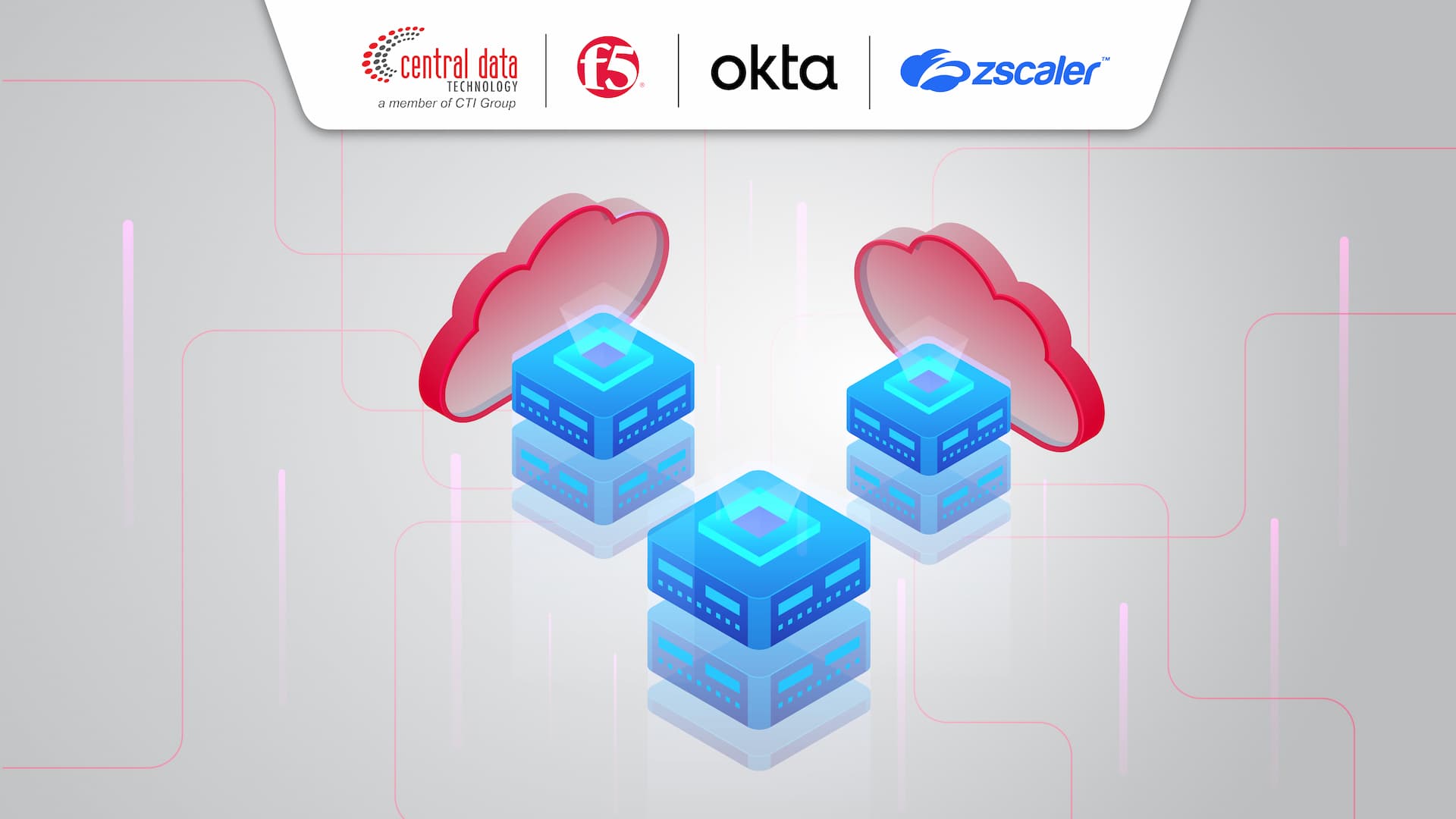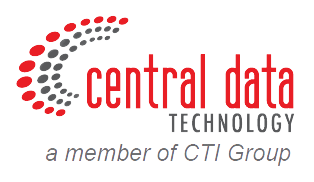
Choosing the best cloud services from multiple providers sounds ideal, more flexibility, more efficiency. But here’s the reality: the more clouds you use, the bigger your attack surface becomes.
Is your business truly prepared to secure its entire multicloud infrastructure against today’s increasingly sophisticated cyber threats? If you’re unsure, this article is the perfect place to start understanding how to do it right.
What Is Multicloud Security and Why Does It Matter?
Relying on a single cloud provider often isn’t enough to meet the fast-evolving needs of modern businesses. That’s why many organizations are turning to a multicloud strategy, leveraging services from multiple providers at the same time.
While this approach offers greater flexibility and prevents vendor lock-in, it also introduces new risks that shouldn’t be underestimated.
Every cloud provider has its own set of systems, security standards, and policies. The more clouds you operate across, the more potential security gaps emerge. That’s where multicloud security comes in, a set of strategies and solutions designed to protect your data, applications, and infrastructure, no matter where they reside.
Without a proper multicloud security strategy, businesses face heightened risks, including data breaches, unauthorized access, poor visibility across environments, and even regulatory violations. And it only takes one small security gap to open the door to a major cyberattack, with consequences ranging from operational disruption to reputational damage and significant financial losses.
Key Factors to Consider for Effective Multicloud Security

Securing a multicloud environment is far more complex than managing a single cloud. With more platforms involved, visibility becomes fragmented, control is harder to maintain, and risks multiply. To keep your multicloud environment protected, here are the critical aspects every organization should address from the start:
Data Security and Storage Location
Always ensure your sensitive data is stored in secure locations—whether on the cloud or on-premises. Don’t forget to implement a solid disaster recovery plan and reliable data loss prevention solutions to avoid breaches or accidental data loss.
Comprehensive Cloud & Hybrid Workload Protection
Choose security solutions that provide full visibility across your entire environment, cloud and hybrid alike. Look for automated threat detection, integrated security reporting, and robust prevention capabilities to guard your workloads wherever they run.
Centralized Authentication and Access Control
Implement a centralized approach to authentication and authorization. This ensures consistent access policies across all cloud platforms, simplifies oversight, and reduces the risk of misconfigurations.
Automated Security Updates
Make sure your cloud services offer automated security updates. This closes potential vulnerabilities quickly, without relying on manual patching that could leave your systems exposed.
Built-In Security Features
Opt for platforms or solutions that come with strong built-in security. Avoid tools that require complex, manual configurations across each cloud environment.
Unified Visibility Across Clouds
Use centralized monitoring tools that provide an integrated view of your multicloud security posture. That way, you can track and manage security risks without constantly jumping between different platforms.
The Advantages & Challenges Behind Multicloud Security
Adopting a multicloud security strategy brings undeniable benefits, but it also introduces new layers of complexity. Understanding both sides of the coin will help your organization build a stronger, more realistic security approach.
Benefits of Multicloud Security
- Greater Flexibility: Choose the best cloud services from different providers to meet your specific business needs.
- Improved Uptime: Workloads are distributed across multiple clouds, so if one goes down, your systems stay operational.
- Geo-Redundancy & Compliance: Meet regional data regulations by storing information across different geographical locations.
- Business Agility: Quickly adapt to changing market demands or evolving technology requirements.
- Consistent Security: Apply unified security policies across all cloud platforms for better protection.
- Faster Disaster Recovery: Recover data and restore operations quickly if disruptions occur.
Challenges of Multicloud Security
- Increased Complexity: Each cloud provider comes with its own architecture, tools, and management requirements.
- Limited Central Visibility: Monitoring all your cloud environments at once becomes difficult without additional tools.
- Inconsistent Security Standards: Every cloud provider has its own security policies, making standardization a challenge.
- Wider Attack Surface: The more clouds you use, the more potential entry points cybercriminals can exploit.
- Difficult Integrations: Bringing together different services and security tools from multiple clouds often requires extra time and effort.
- Complex Compliance Requirements: Data protection and privacy laws vary between regions, complicating your compliance efforts.
8 Smart Strategies to Strengthen Your Multicloud Security

Securing a multicloud environment can be tricky, but with the right strategies in place, you can significantly reduce risks and maintain strong protection across all your cloud platforms. Here’s what your organization should focus on:
1. Understand How Cyberattacks Happen
Learn the most common tactics cybercriminals use to exploit cloud environments. The better you understand their methods, the smarter your choice of security tools and defenses will be.
2. Automate Wherever Possible
Enable automated updates and use integrated security solutions to protect workloads, applications, and data across all clouds. The fewer manual processes, the lower the risk of human error.
3. Keep Security Policies Consistent
Apply unified security policies across all cloud platforms. Standardization helps eliminate gaps caused by different configurations between cloud providers.
4. Use a Single Point of Control
Simplify management with a centralized security dashboard. With full visibility in one place, monitoring threats and making fast, informed decisions becomes easier.
5. Apply Least Privilege Access
Grant users and systems only the access they truly need, nothing more. Fewer unnecessary permissions mean fewer chances for data misuse or breaches.
6. Leverage Cloud Security Posture Management (CSPM)
Use CSPM tools to automatically monitor, audit, and optimize your cloud security configurations across providers, without the headache of manual oversight.
7. Reduce Network Redundancy
Avoid spreading data or resources across too many locations. A more streamlined, centralized setup minimizes potential attack surfaces.
8. Shift Security Left with DevOps
Build security into your development process from day one. Tools like Microsoft Defender for DevOps help ensure security isn’t an afterthought, but a core part of your DevOps pipeline.
3 Trusted Multicloud Security Solutions from CDT
The more complex your cloud architecture becomes, the greater the need for reliable, integrated security. That’s where CDT comes in with leading multicloud security solutions designed to help your business manage, connect, and protect its entire cloud environment more efficiently and securely.
F5 Distributed Cloud Services: Unified Protection Across Multicloud
When your applications and data are spread across different cloud providers, connecting everything securely can quickly turn into a major challenge. F5 Distributed Cloud Services solves this with a unified platform that simplifies multicloud networking and delivers consistent, robust security across all environments.
Imagine this: your public-facing applications run on AWS, while your backend systems and databases are hosted on Azure. F5 lets you connect both environments seamlessly, without the headache of managing different security configurations for each cloud.
Key Benefits of F5 Distributed Cloud Services:
- Comprehensive protection for applications and APIs across all clouds
- Secure, optimized connectivity between cloud environments
- Built-in DDoS protection and Web Application Firewall (WAF)
- Centralized monitoring and observability for full visibility
Okta Single Sign-On: Simplifying Secure Access Across Multicloud
Another common multicloud challenge? Managing access to countless cloud services. Okta Single Sign-On (SSO) eliminates complexity with centralized identity management, giving users seamless and secure access to all their multicloud applications.
Picture this: employees log in just once through Okta and instantly gain access to essential tools like Microsoft 365, Salesforce, and other cloud apps, no more juggling dozens of passwords. Meanwhile, strict identity security remains firmly in place.
Key Benefits of Okta SSO:
- Easy, secure access to multiple cloud apps with one login
- Centralized identity and authentication management
- Integration with thousands of popular cloud applications
- Reduced security risks from weak or reused passwords
Zscaler: Zero Trust Networking for Multicloud Security
Zscaler brings a modern, Zero Trust approach to multicloud connectivity, enabling secure communication between applications, workloads, and users across clouds without broadly exposing your network.
With Zero Trust, every connection is verified and enforced, minimizing risks like unauthorized access or lateral attacker movement. Whether you rely on AWS, Azure, Google Cloud, or all three, Zscaler ensures seamless, secure multicloud connectivity without compromising security.
Key Benefits of Zscaler for Multicloud:
- Workload segmentation across clouds with Zero Trust principles
- Secure cloud-to-cloud communication without relying on traditional VPNs
- Elimination of direct internet exposure for critical services
- Identity-based traffic control and security
Secure Your Business with Trusted Multicloud Security Solutions from CDT
Protect your cloud infrastructure from evolving cyber threats with integrated multicloud security solutions from F5, Okta, and Zscaler, brought to you by Central Data Technology (CDT), a subsidiary of CTI Group.
As an authorized F5 distributor in Indonesia, as well as an advanced partner for Okta and Zscaler, CDT is ready to be your trusted partner in building strong, efficient multicloud security. From expert consultation and seamless implementation to reliable after-sales support, we provide everything your business needs to secure its multicloud environment with confidence.
Want to learn more? Contact CDT today and discover how our multicloud security solutions can help protect your business systems in this hybrid, multicloud era.
Author: Wilsa Azmalia Putri – Content Writer CTI Group

